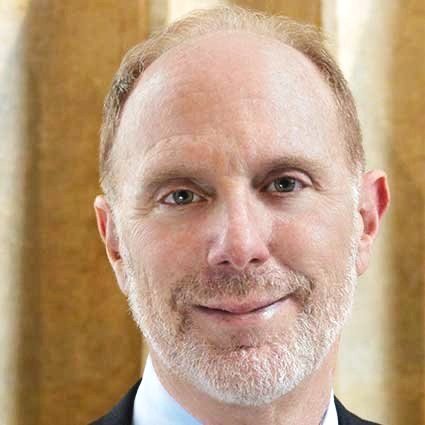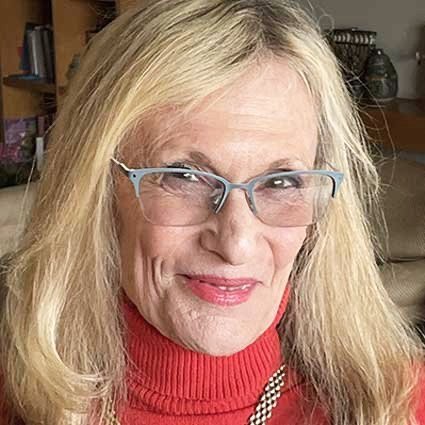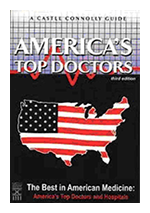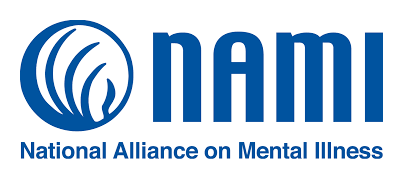Upper East Health Psychiatry specializes in the comprehensive treatment of behavioral disorders through medical and multidisciplinary treatments in New York.
ABOUT UPPER EAST HEALTH PSYCHIATRY
Upper East Health Psychiatry provides outpatient care for disorders of different types and at varying levels of severity. For those patients who require it, Upper East Health Psychiatry refers practice patients to the top medical specialists in the New York area.
ABOUT OUR UEH TEAM
Kenneth Paul Rosenberg, MD
Kenneth Paul Rosenberg, MD is a Clinical Associate Professor of Psychiatry at the Weill Cornell Medical College and New York Presbyterian Hospital, a member of the American Academy of Addiction Psychiatry, the Society for Sex Therapy and Research and a Distinguished Fellow of the American Psychiatric Association.
Since 2001, he has been listed every year as a Top Addiction Psychiatrist in New York Magazine's "Best Doctors" issue, and is listed as a U.S. News Top Doctor in U.S. News and World Report. He has produced films for PBS and HBO to educate the public about medicine and psychiatry, for which he is the recipient of a George Foster Peabody Award and has been recognized by both the Academy of Motion Picture Arts and Sciences and the Academy of Television Arts & Sciences.
Karen Robbins, LCSW-R, MS
Karen Robbins is a licensed psychotherapist She has worked with Carnegie Hill Institute, The Renfrew Center and The Center for Anorexia and Bulimia. In addition to working with individuals with anxiety, substance abuse and Eating Disorders, relationship and work issues, she works extensively with couples and has a background in group work as well.
She graduated from Columbia University School of Social Work and Northeastern University Graduate School of Education. She completed her Post Masters work in Psychodynamic Psychotherapy at the American Institute of Psychoanalysis. Prior to her clinical work, Karen worked more than ten years in consulting and managerial positions in Citicorp and Dreyfus.
Sam Decker
Sam's role as office manager for Upper East Health Psychiatry involves taking care of everything necessary to make sure that patients are able to get the care that they need in an efficient, stress-free, and professional manner.
He is also a professional musician and educator, with a number of records released over the last five years and a private teaching practice in Brooklyn. You can hear his latest album on Spotify.











